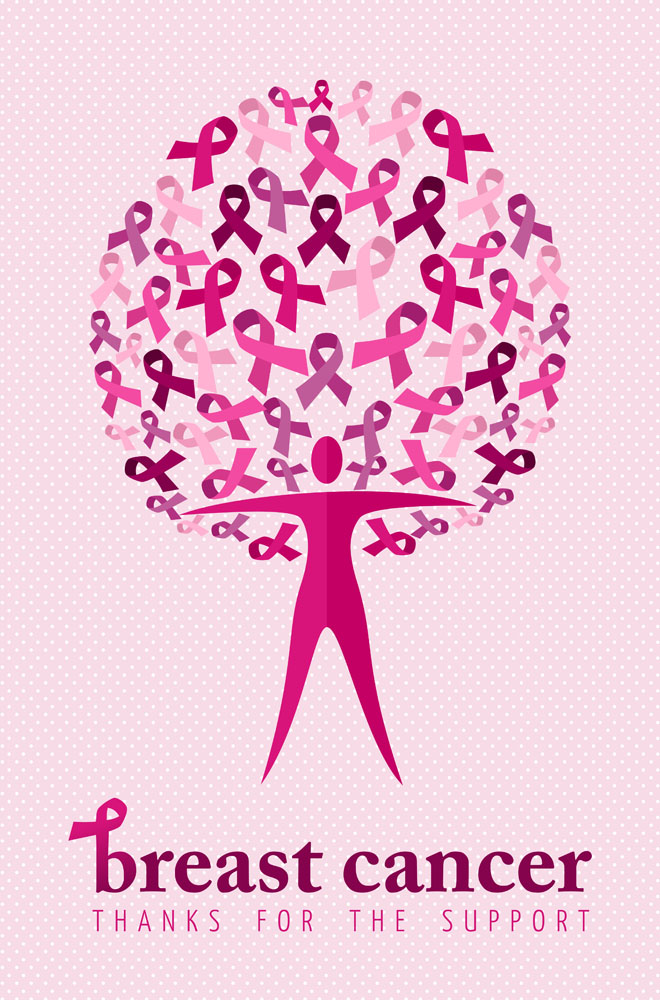A study of public health at New York State University Medical Center, school leaders presented evidence of pregnancy women to personal care products, adverse reproductive effects in neonates during use.

“This study found that people with higher levels of butylparaben among women, which is often used as a preservative in cosmetics, and the link after childbirth result: shorter gestational age, birth, birth weight reduction and increases the chance of preterm birth, “said Dr. Laura Gil MHS, associate professor of environmental and occupational health sciences at the Department of school of public health at SUNY.
Antimicrobial compound triclocarban, mainly added to the soap, was born with a shorter gestational age is associated. Added to lotions and creams, propyl paraben Another common chemical, is about the birth reduced body length. Long-term consequences of doing so is not clear, and Gill added:. “The results should be reproducible in a larger study.”
The study was, Ph.D., research in the field of antibacterial chemicals of well-known experts in cooperation with the director of the department of obstetrics and gynecology and Environmental Safety Center at Arizona State University Biodesign Institute, under the New York State University professor Rolf Halden . Survey results are available online and in magazine special issue of harmful substances “emerging contaminants” was published.
Dr. Gill said, “Our latest studies show an increase in the evidence of endocrine disruptors can cause more and more animal and human development and reproductive problems. Observed in previous studies mainly from the impact of the only animal model.”
This study presents evidence of human potential adverse effects. A larger follow-up studies to confirm these findings is necessary. Siegel noted that “on the basis of new evidence, the use of our consumer products these chemicals safety re-evaluation.”
Since 2015, from the needs of a variety of consumer care products removed triclosan regulations have been in place in the EU, but the US Food and Drug Administration and the US Environmental Protection Agency and the broader regulatory measures not followed. Various US manufacturers have voluntarily committed to remove all kinds of health-related products triclosan, while Minnesota has passed a ban on the use of triclosan or disinfecting hands and body cleansing products began in 2017.
Dr. Gill concluded: “Our study provides an assessment of its our consumer products, further evidence of the importance of these other chemicals, although the risk of small-scale changes in birth size may not be of clinical significance, or cause concern about the case. subtle changes in the level of population size or time of birth may have a significant impact on the risk of adverse pregnancy outcomes. “



